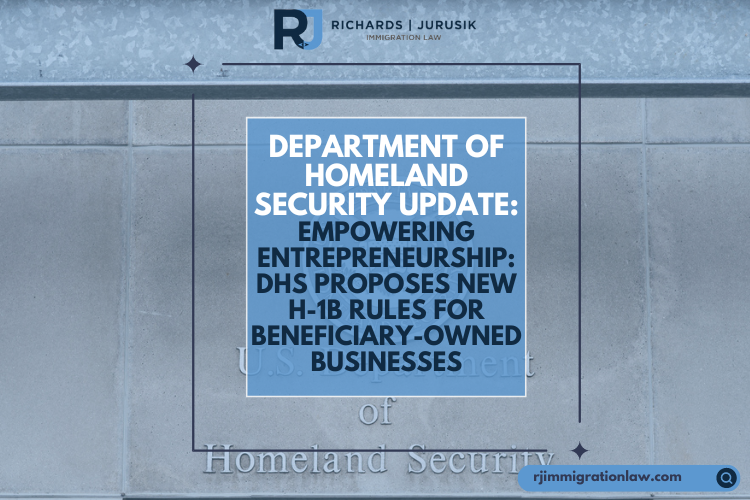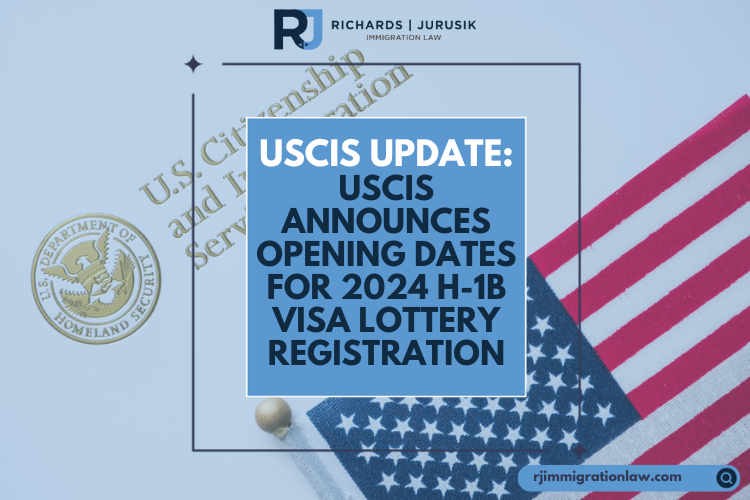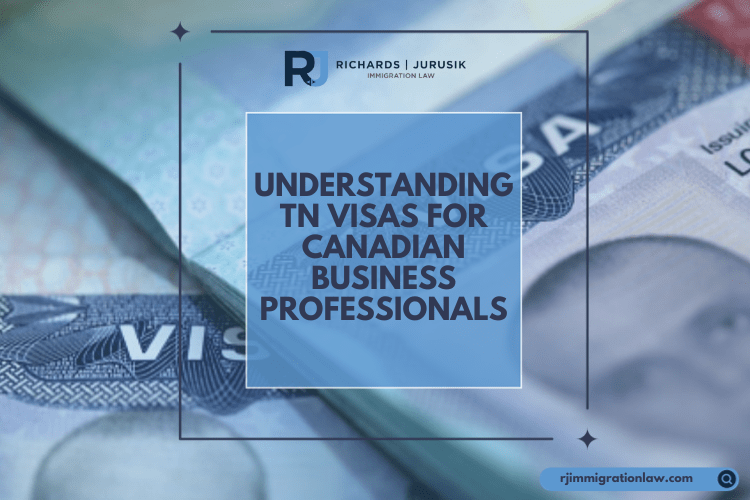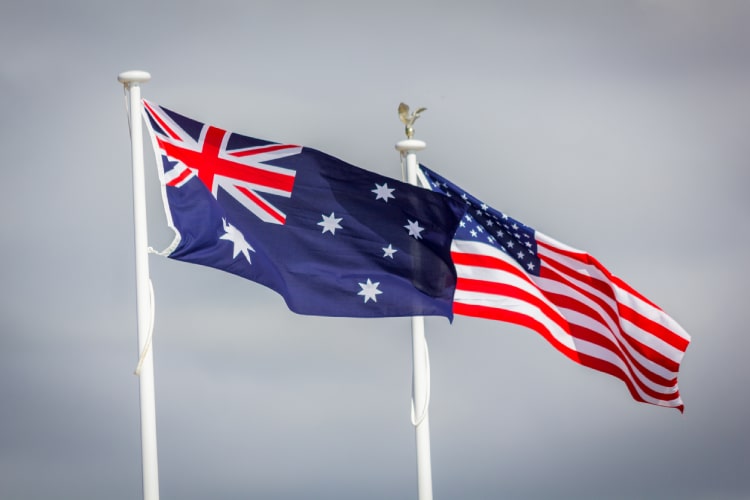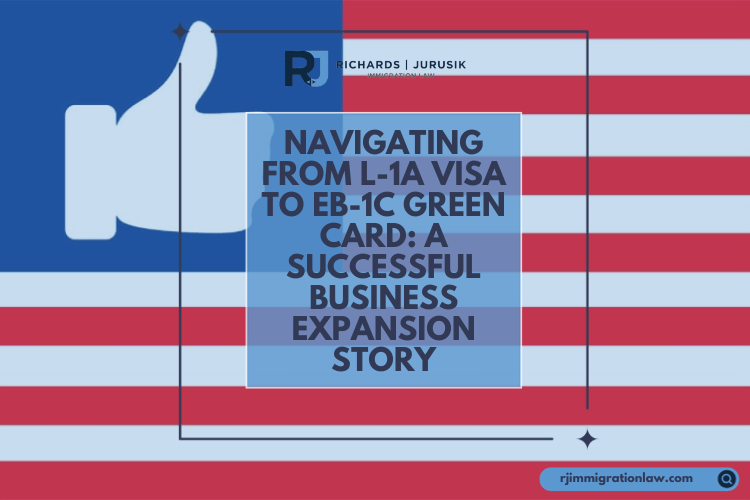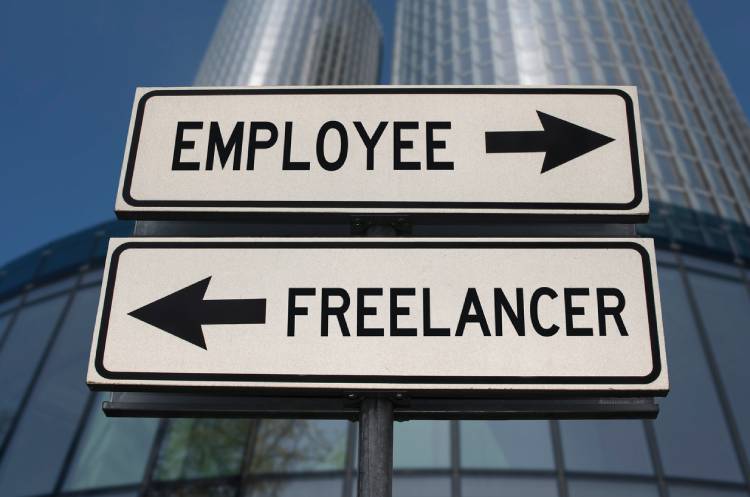In a recent proposal, the Department of Homeland Security (DHS) seeks to revise the H-1B visa qualifications to include entrepreneurs and startup founders with a controlling interest in their companies. This initiative is part of a broader effort to make the United States a nurturing ground for innovation and entrepreneurship, potentially leading to significant economic benefits through job creation, new industries, and groundbreaking opportunities.
Understanding the Proposed Changes
The proposal aims to clarify and codify the conditions under which a petitioner, who may also be the beneficiary of an H-1B visa, can qualify as a U.S. employer. This clarification is crucial for entrepreneurs, startup entities, and other beneficiary-owned businesses that have historically navigated uncertain regulatory waters to secure H-1B status for their founders or key employees.
The crux of the proposal allows for a more accessible path for those who possess a controlling interest in the petitioning entity, thereby enabling more entrepreneurs to directly contribute to the U.S. economy. However, DHS also acknowledges the need for safeguards against potential abuse of this provision. To mitigate risks, the proposal includes a limitation on the validity period for the initial petition and the first extension for beneficiary-owned entities to 18 months. This initial limitation is designed as a protective measure against fraudulent petitions, with any subsequent extension not subjected to this limitation and possibly approved for up to three years, provided all other H–1B requirements are met.
The Impact on Entrepreneurs and the U.S. Economy
The implications of this proposed change are far-reaching. By removing barriers for entrepreneurs and startup founders, the U.S. is poised to benefit from increased job creation, new industries, and enhanced competitiveness on the global stage. This proposal represents a significant shift towards recognizing the unique contributions of entrepreneurs to the economy, particularly in the technology and innovation sectors.
However, DHS also signals a cautious approach by limiting the initial validity period. This balance between fostering entrepreneurship and preventing abuse is crucial for the proposal’s success. It aims to ensure that the H–1B program continues to attract highly skilled individuals to the U.S. while also adapting to the evolving landscape of the modern workforce.
Conclusion
The DHS proposal to facilitate H-1B visa access for beneficiary-owned businesses is a welcome development for entrepreneurs worldwide and the U.S. economy. As this proposal moves through the regulatory process, stakeholders in the immigration and business communities need to provide feedback and discuss its implementation. By doing so, they can contribute to shaping a policy that maximizes the benefits of entrepreneurial talent in the U.S. while maintaining the integrity of the H–1B visa program.
This initiative reflects a broader understanding of the changing dynamics of work and business and affirms the U.S. government’s commitment to fostering innovation and entrepreneurship within its borders. As we await the finalization of these rules, it’s clear that the future of U.S. immigration policy looks promising for entrepreneurs and the economic landscape at large.

